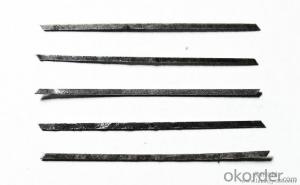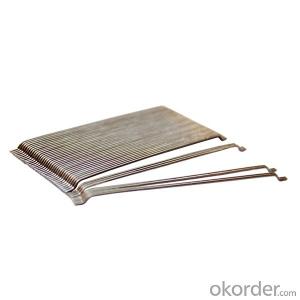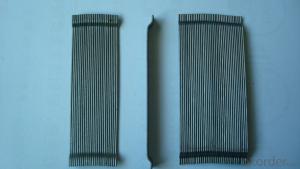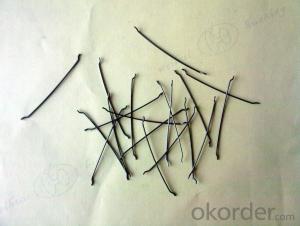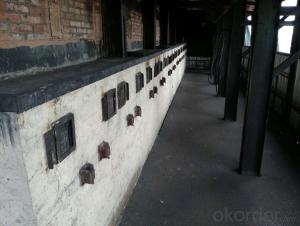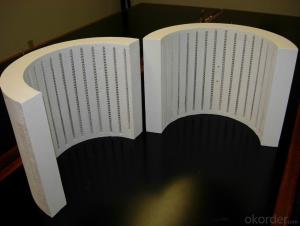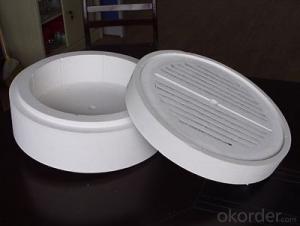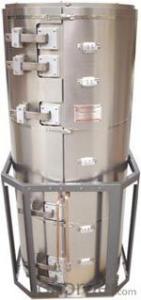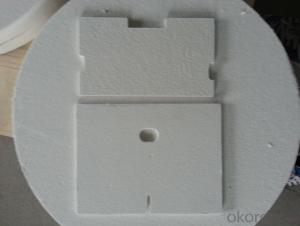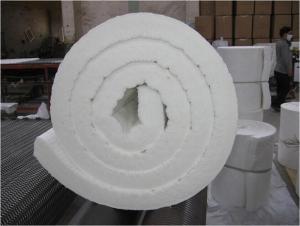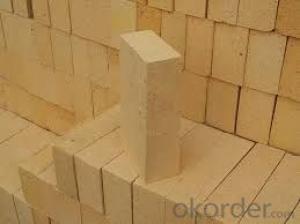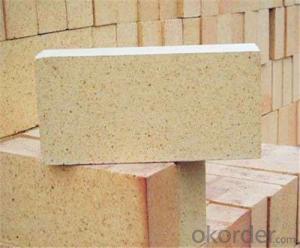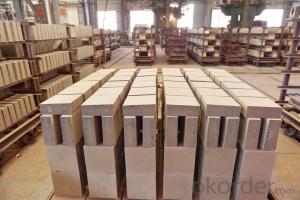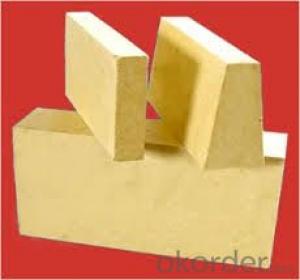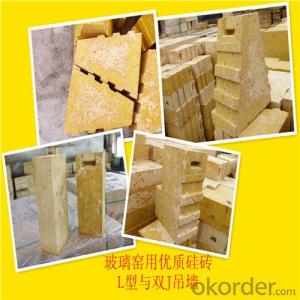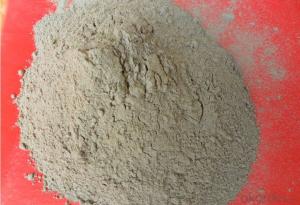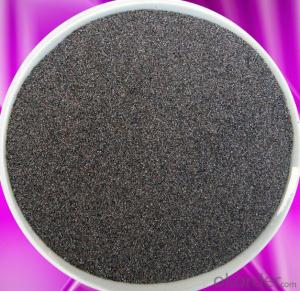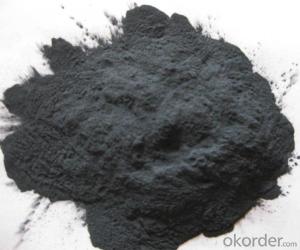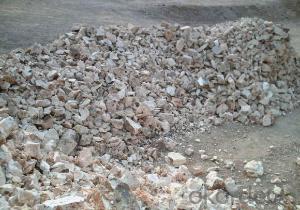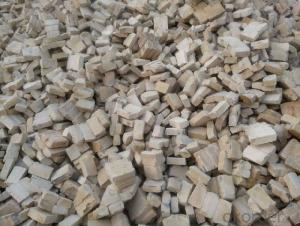All Categories
- - Steel Wire Rod
- - Steel Coils
- - Steel Profiles
- - Steel Pipes
- - Stainless Steel
- - Tinplate
- - Special Steel
- - Steel Sheets
- - Steel Rebars
- - Steel Strips
- - Hot Rolled Steel
- - Cold Rolled Steel
- - Pre-painted Steel
- - Seamless Steel Pipe
- - Welded Steel Pipe
- - Hollow Steel Tubes
- - Galvanized Pipe
- - Stainless Steel Coil
- - Stainless Steel Sheet
- - Stainless Steel Plate
- - Stainless Steel Strips
- - Electrolytic Tinplate Coil
- - Electrolytic Tinplate Sheet
- - Stainless Steel Rebars
- - Solar Panels
- - Solar Water Heater
- - Solar Related Products
- - Solar Inverter
- - Solar Cells
- - Solar Light
- - Solar Energy Systems
- - Solar Controllers
- - Solar Mounting System
- - Solar Pump
- - Solar Chargers
- - Fiberglass Chopped Strand
- - Fiberglass Mesh Cloth
- - Composite Pipes
- - FRP Pultrusion Profiles
- - Fiberglass Mat Tissue
- - Fiberglass Fabrics
- - Fiberglass Mesh
- - Composite Tank
- - Fiberglass Mesh tape
- - Polymer
- - FRP Roofing Panel
- - Fiberglass Roving
- - Monolithic Refractories
- - Ceramic Fiber Products
- - Refractory Bricks
- - Raw Materials For Refractory
- - Suspended Platform
- - Cranes
- - Concrete Machinery
- - Earthmoving Machinery
- - Building Hoist
- - Road Building Machinery
- - Plastic Pipe Fittings
- - Plastic Tubes
- - Plastic Sheets
- - Agricultural Plastic Products
- - Plastic Nets
Monolithic RefractoriesView More
Ceramic Fiber ProductsView More
Refractory BricksView More
Raw Materials For RefractoryView More
Q & A
How does the chemical composition of refractory materials affect their performance?
The chemical composition of refractory materials greatly influences their performance. Different compositions can alter the material's melting point, thermal conductivity, and resistance to chemical reactions, among other properties. For instance, adding alumina to refractory materials can increase their resistance to high temperatures and chemical corrosion. Additionally, the presence of impurities or improper composition can weaken the refractory material, leading to reduced performance and durability. Therefore, selecting the appropriate chemical composition is crucial for ensuring optimal performance in various high-temperature applications.
What are the refractory materials used in the aluminum and steel industries?
In the aluminum industry, the most commonly used refractory materials are high-alumina bricks, alumina-silica bricks, and silicon-carbide bricks. These materials are able to withstand the high temperatures and corrosive environment of aluminum production.
In the steel industry, refractory materials such as magnesia-carbon bricks, alumina-magnesia-carbon bricks, and magnesia-chrome bricks are widely used. These materials have excellent thermal resistance and resistance to chemical reactions, making them suitable for the extreme conditions in steelmaking processes.
What are the different types of refractory coatings for corrosion protection?
There are several types of refractory coatings that can be used for corrosion protection, including ceramic coatings, epoxy coatings, polyurethane coatings, and zinc-rich coatings.
How are refractory materials used in the glass industry?
Refractory materials are used in the glass industry to line furnaces and kilns, providing a high-temperature resistant barrier between the extremely hot glass and the surrounding environment. These materials are able to withstand the intense heat and chemical reactions that occur during the glass production process, ensuring the durability and longevity of the furnaces and kilns. Additionally, refractory materials help to maintain consistent temperatures within the production equipment, allowing for efficient and precise glass melting and shaping.
Wholesale Refractory Materials from supplier in Kenya
With our extensive range of refractory materials and services, we are the leading supplier in Kenya. As a subsidiary of CNBM, a Fortune Global 500 company, we have the resources and expertise to meet all your refractory material needs. Our team specializes in sales, quotations, and technical support, ensuring a smooth procurement process for our clients.
Our wide selection of refractory materials allows us to meet the diverse requirements of projects in Kenya. With our market development experience in the country, we bring valuable insights and knowledge to enhance the success of your projects. Whether you need help with product selection, technical guidance, or after-sales support, we are here to assist you.
Kenya's stunning landscapes and rich cultural heritage provide a vibrant backdrop for our operations. From the iconic Maasai Mara National Reserve to the breathtaking Mount Kenya, this East African nation is a treasure trove of natural wonders. By choosing us as your refractory materials supplier, you not only benefit from our top-quality products and services but also contribute to Kenya's growth and development.
Experience a seamless procurement process, exceptional quality, and unparalleled support by choosing us as your preferred supplier of refractory materials in Kenya. Contact us today to discover how we can meet your specific needs and exceed your expectations.
Our wide selection of refractory materials allows us to meet the diverse requirements of projects in Kenya. With our market development experience in the country, we bring valuable insights and knowledge to enhance the success of your projects. Whether you need help with product selection, technical guidance, or after-sales support, we are here to assist you.
Kenya's stunning landscapes and rich cultural heritage provide a vibrant backdrop for our operations. From the iconic Maasai Mara National Reserve to the breathtaking Mount Kenya, this East African nation is a treasure trove of natural wonders. By choosing us as your refractory materials supplier, you not only benefit from our top-quality products and services but also contribute to Kenya's growth and development.
Experience a seamless procurement process, exceptional quality, and unparalleled support by choosing us as your preferred supplier of refractory materials in Kenya. Contact us today to discover how we can meet your specific needs and exceed your expectations.
Hot Search
- Monolithic Refractories in Sri Lanka
- Ceramic Fiber Products in Niue
- Refractory Bricks in Namibia
- Raw Materials For Refractory in Nicaragua
- Ceramic Fiber Products in Hungary
- Ceramic Fiber Products in Kazakhstan
- Raw Materials For Refractory in Austria
- Raw Materials For Refractory in Canada
- Refractory Bricks in Kenya
- Raw Materials For Refractory in Indonesia
